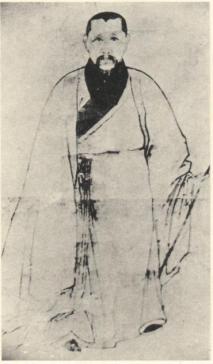This project finds new ways of thinking historically about East Asian medicines as living traditions to address a number of enduring questions in the field: how can we explain the adaptability of these medicines to changing social, cultural, economic, political and epidemiological environments, their ability to consistently assimilate new ideas and practices yet also maintain a sense of historical continuity and coherence? How can we do this without relying on existing meta-narratives, periodization, analytical categories and similar historiographic tools that may be ill-fitted to understand East Asian medicines? Can this be done while remaining open to broader regional, global and disciplinary histories?
To this end, I will first work out of how "re-thinking East Asian medicines" might be done and how such re-thinking translates into historiographic practice. This will lead to an edited volume of translations intended to provide anyone interested to ‘re-think’ East Asian medicines with introductory resources to do so. I also plan a monograph that examines transformations of medical thinking and practice in seventeenth-century China as a case study of what such re-thinking can contribute to the history of science, technology and medicine. A series of shorter interventions from blogs to public seminars will attempt to make "rethinking East Asian medicines" relevant to a wider audience.

